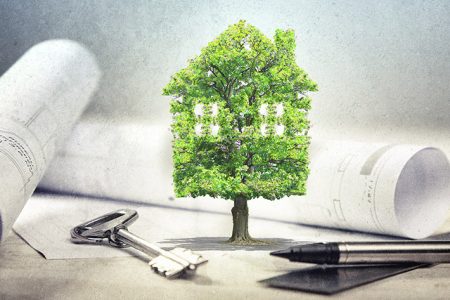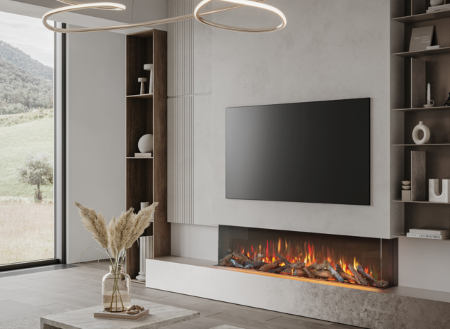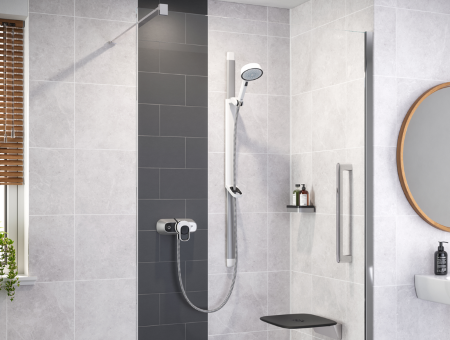Energy efficient improvements to home heating, insulation, lighting and appliances could reduce the energy consumed in UK households each year by a quarter, and knock £270 off the average annual bill of £1,100, according to research published by the UK Energy Research Centre and University of Sussex Centre on Innovation and Energy Demand.
What’s more, the researchers estimate that investing in efficient heating, insulation, controls, lighting and appliances could deliver a net benefit to the UK economy of £7.5 billion. In addition to the financial benefits, energy efficiency measures can also lead to improved comfort, better air quality and lower carbon emissions.
As a leading supplier of energy-efficient heating, cooling and ventilation systems, Jaga believes reducing energy demand in homes should be a government priority and form the centrepiece of the imminent Clean Growth Plan.
Jaga managing director Claire Owen comments:
“Energy prices are a big problem for British households right now and with Britain’s appetite for energy devices increasing and strain on the electricity grid growing – this problem is not going away. British Gas has this month increased its electricity prices by 12.5 per cent, adding £76 to the typical annual bill, while a recent report from Ofgem revealed that families who held accounts with the big six energy companies for at least five years paid out an average £853 more than they needed to over the period.
“Therefore, research revealing that energy efficiency improvements can drastically reduce a household’s energy bill should be music to the ears of homeowners, housebuilders and developers.
“British homes now use 23 per cent less gas and 17 per cent less power than in 2008, mainly due to the use of more efficient appliances and increased insulation. Given that an estimated 45 per cent of UK energy use is attributed to space heating, it’s important to consider energy efficient heating products when refurbishing existing homes and building new ones.
“For example, Low-H₂O radiators use less water than steel panel radiators but produce the same amount of heat. With less water being used, Low-H₂O radiatorscan respond quicker, consequently consuming less energy. Less demand is placed on the boiler system, meaning people will get more heat for their money over its lifetime. Fan assisted technologies such as our DBE (Dynamic Boost Effect) increase the output of these radiators, and when working with lower water temperatures, it makes them the perfect partner for heat pump systems.
“However, energy efficiency needs public investment and a long-term commitment from government in order for it to be adopted on a widespread scale.
“The long-awaited Clean Growth Plan is expected to provide a blueprint for the UK’s decarbonisation pathway through to 2030, and we hope that reducing energy demand to bring down bills is an integral part of its strategy.
“As this research identifies, huge cost savings can be realised quickly through the use of energy efficient products, without compromising household comfort. With further investment in energy efficiency, this trend can continue for many years to come.”






